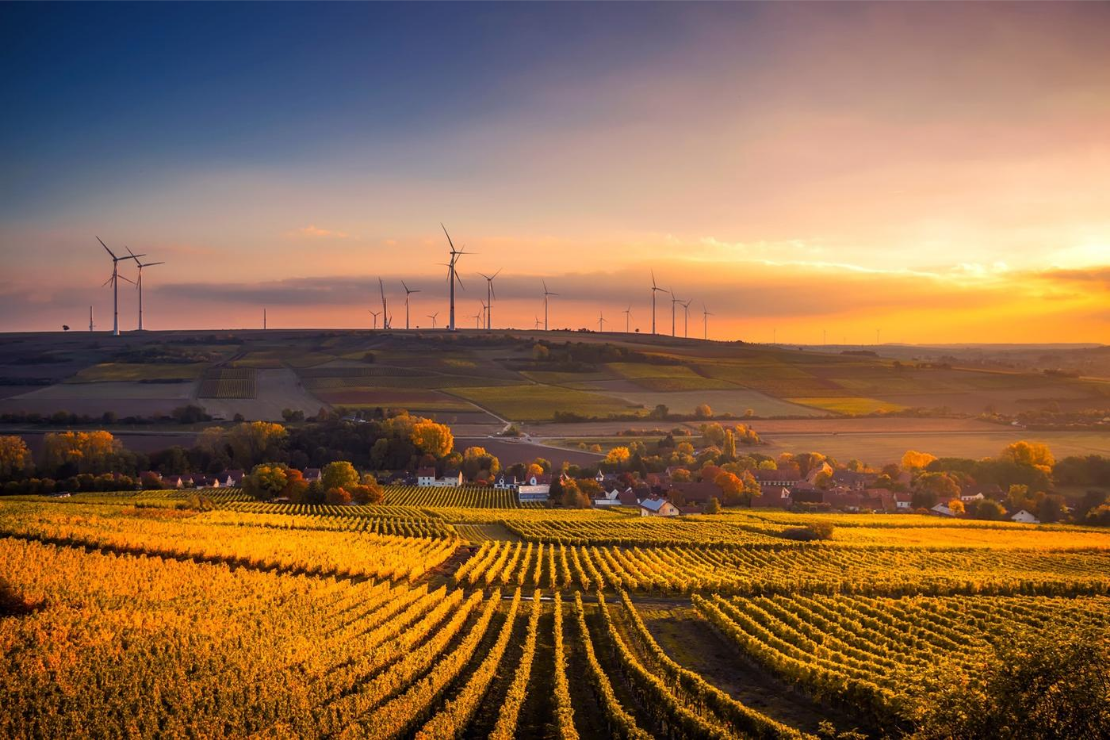Impact and Profit Can (and Should) Go Hand in Hand
Jul 28, 2022

Just because an entrepreneur is working to make the world a better place doesn’t mean that they should ignore profit motives on their way toward that goal. Here's how Nori is working to change the way that companies cut their carbon emissions by supporting farmers, and what investors need to know about supporting companies in this sector.
It has been “coming soon” for decades, but it finally looks like the true impact of climate change is here. From record-setting temperatures across much of Europe and North America, to yearly wildfire outbreaks, to increasingly volatile weather worldwide, we can all see the long-term threat that climate change represents.
Not someday. Now.
Our warming atmosphere has put us on a collision course with extreme weather, food shortages, mass extinction, and social unrest. We have already released more carbon than is safe into the atmosphere, and we’re not cutting down our emissions fast enough to slow the damage, let alone reverse it.
We need to radically reduce our carbon emissions and remove the excess from our atmosphere. Trouble is, our economic system makes it easier and more profitable to emit carbon than to avoid doing so. That’s why we created Nori – to establish a digital platform that makes it easy for companies to cut their carbon emissions by funding removal of those that they cannot yet avoid creating. Our platform is creating a worldwide marketplace for carbon removal, starting with regenerative agriculture projects that store carbon in the soil.
We like to think that Nori was ahead of the game in applying new technology to further the impact needed in nature. And we are doing it by successfully linking our revenue to support for farmers who employ carbon removal practices.
This approach is, I believe, the future of sustainable business.
The reality of what we are building is grounded in our belief that sustainable outcomes do not need to be separate from profit and revenue generation. In fact, to reach our (and the planet’s) long-term impact goals we and others like us will need to be generating a healthy profit in order to support and scale this work.
Granted, this is a difficult concept for many to accept. Too often in business, the rule is “take more than you give back.” Corporate philanthropy is fine, but only if it does not come at the expense of the bottom line.
But we believe that aligning impact and profitability is not just possible, but preferred, especially for companies like Nori that are working to affect positive change in the world. We know that we can link successful business models with impact and reinforce positive outcomes for both the planet and customers, because we have already done it.
However, sustainability-minded startups cannot do this alone.
Given the time needed for conservation and sustainability technology solutions to align their impact and business models, founders need access to more flexible, patient, and concessionary forms of capital than venture investments alone provide. The good news is that the sources of capital available to conservation and sustainability entrepreneurs are more varied than in the broader technology ecosystem, and more flexible. For example, sustainability entrepreneurs can access grants, tap public financing mechanisms, and work with family offices that provide a combination of grants and investments.
For investors, it is important to remember that this sector is still emerging. In order to help conservation tech entrepreneurs de-risk their ventures, we need a community that gives us time to align our business and impact models and fully flesh out our bridge to commercialization. Because, while challenging, creating a self-sustaining business that is working to create real change in the world represents a significant step forward in our definition of impact-oriented business.
With any luck, it will not be the last innovation we see.
Written by Paul Gambill, CEO and Co-founder of Nori
